As we age, the natural decline in cellular function and energy production can lead to a variety of health issues. This has sparked interest in supplements that support healthy ageing, particularly those targeting the rejuvenation of cells. Two such popular supplements are NAD+ (Nicotinamide Adenine Dinucleotide) and NMN (Nicotinamide Mononucleotide). Both are related to the same biochemical pathway and play a crucial role in maintaining cellular health, energy production, and metabolism. However, their mechanisms, benefits, and absorption methods vary slightly. In this blog, we’ll break down the key differences between NAD+ and NMN supplements and help you determine which one might be best for your healthy ageing goals.
NAD+ and NMN: Basic Functions
What is NAD+?
NAD+ is a coenzyme found in every living cell of the body and is vital for many biological processes. It plays a significant role in cellular metabolism, energy production, DNA repair, and maintaining overall cellular health [1]. NAD+ levels naturally decrease as we age, contributing to fatigue, reduced cognitive function, and impaired cellular repair mechanisms.
NAD+ is involved in a critical process known as oxidative phosphorylation, which takes place in the mitochondria, the "powerhouses" of the cell. During this process, energy is produced in the form of ATP, essential for the functioning of all cells. NAD+ also supports sirtuins, a family of proteins associated with longevity and anti-ageing effects. As you age, maintaining or boosting NAD+ levels is considered important for improving energy, metabolism, and promoting brain health.
What is NMN?
NMN is a precursor to NAD+, meaning that it is a substance the body uses to produce NAD+ internally. Essentially, NMN is a building block that the body converts into NAD+ once ingested [2]. NMN supplementation has gained attention because of its potential to boost NAD+ levels, thus supporting the cellular processes such as energy production, metabolism, and healthy ageing.
In essence, NMN acts as a more direct way to enhance NAD+ levels. Since NMN is easier for the body to convert into NAD+ compared to other precursors, it has become a popular choice for those looking to boost NAD+ levels naturally.
How NMN Converts to NAD+
The body naturally converts NMN into NAD+ through enzymatic processes. This conversion helps replenish NAD+ levels, which tend to decrease with age. The process benefits three main areas:
- Cellular Energy: Assists in ATP production.
- Metabolic Health: Improves energy metabolism.
- Longevity: Supports cellular repair mechanisms.
By boosting NAD+ levels, NMN supports the optimal functioning of the mitochondria, enhances energy metabolism, and aids in the repair of DNA, which are critical for maintaining cellular health and longevity [2].
"By boosting NAD+ levels, NMN supports the optimal functioning of the mitochondria, enhances energy metabolism, and aids in the repair of DNA, which are critical for maintaining cellular health and longevity."
NAD+ vs NMN: Key Differences
While both NAD+ and NMN are related in terms of their roles in supporting healthy ageing, there are key differences between the two supplements.
Absorption and Bioavailability
NAD+: Directly supplementing with NAD+ can be less effective for absorption. NAD+ is a large molecule, and the body may not absorb it as efficiently when taken orally. It is possible that much of the NAD+ may be broken down in the digestive system before it can be utilized by cells [3].
NMN: NMN, as a smaller molecule, is easier for the body to absorb. Once NMN is ingested, it is converted into NAD+ within the cells, bypassing some of the absorption issues associated with NAD+ supplementation [4].
|
Characteristic |
NAD+ |
NMN |
|
Molecular Size |
Larger (663.43 g/mol) |
Smaller (334.22 g/mol) |
|
Absorption Method |
Limited oral absorption, often requires IV therapy |
Better oral absorption |
|
Time to Cellular Availability |
Immediate availability |
Requires conversion to NAD+ |
|
Cost Range |
Higher, especially for IV treatments |
Generally more affordable |
|
Availability |
Limited, requires medical supervision for IV |
Widely available over-the-counter |
Mechanism of Action
NAD+: NAD+ plays a direct role in energy production, supporting mitochondrial function and facilitating the repair of damaged DNA. It is crucial for activating sirtuins and ensuring proper cellular function.
NMN: NMN works by boosting the body’s production of NAD+, providing more of the essential coenzyme to fuel cellular processes. By raising NAD+ levels, NMN indirectly supports the same cellular functions as NAD+.
Benefits of NAD+ and NMN Supplements for Healthy Ageing
Both NAD+ and NMN supplements offer numerous benefits, particularly for healthy ageing. Let’s explore some of the key advantages of each:
Benefits of NAD+
- Improved Energy Production: NAD+ plays a central role in the process of converting food into energy at the cellular level, making it crucial for energy production.
- Cellular Repair: NAD+ supports the repair of damaged DNA, helping to maintain the integrity of the cells and reducing the effects of ageing on the body.
- Brain Health: As an essential coenzyme for cellular processes in the brain, NAD+ has been linked to improved cognitive function, memory, and neuroprotection.
- Enhanced Metabolism: NAD+ aids in regulating metabolic processes, promoting healthy blood sugar levels and fat metabolism.
Benefits of NMN
- Boosts NAD+ Levels: By providing the body with NMN, you help boost the production of NAD+, which is critical for energy production and cellular function.
- Supports Cardiovascular Health: NMN has shown potential in improving blood flow and supporting cardiovascular function by enhancing NAD+ levels in the vascular system.
- Improved Muscle Function: NMN may help support muscle strength and function, particularly as we age, by enhancing NAD+ levels, which are essential for muscle repair and energy.
- Anti-Ageing Effects: NMN’s ability to increase NAD+ levels helps activate sirtuins, which are associated with longevity and anti-ageing effects at the cellular level.
Which One is Better for Healthy Ageing?
Ultimately, whether NAD+ or NMN is the best choice for you depends on your specific health goals and preferences.
If you’re seeking a direct source of NAD+ for immediate energy production and cellular repair, NAD+ supplements may be a viable option. However, because of absorption limitations, it’s typically more effective to supplement with NMN, which directly boosts NAD+ levels in your body.
If you're focused on long-term healthy ageing benefits, such as enhancing metabolism, supporting cognitive function, and improving overall cellular health, NMN supplementation may be a more efficient way to achieve sustained improvements in NAD+ levels.
sbb-itb-55c436e
How to Get Started
To include these supplements effectively in your routine:
- Pick Trusted Brands: Look for supplements from reliable companies that follow strict quality controls and conduct third-party testing.
- Start Small and Adjust: Begin with a lower dose, such as 500mg for NMN, and modify it gradually based on your body's response and advice from a healthcare professional.
Supplements work best when paired with healthy habits. Combine them with regular exercise, balanced nutrition, and stress management for the best results.
Conclusion
Both NAD+ and NMN offer promising potential for supporting healthy ageing by promoting cellular health, energy production, and metabolic function. While NAD+ is essential for various bodily processes, NMN serves as a precursor to NAD+ and is generally considered a more efficient supplement for boosting NAD+ levels. Whether you choose NAD+ or NMN, maintaining optimal NAD+ levels is crucial for healthy ageing and overall wellness. As always, it’s important to consult with a healthcare provider before starting any new supplement regimen, especially if you have existing health concerns.
FAQs
What is the main difference between NAD+ and NMN?
NAD+ is a coenzyme crucial for cellular energy production, while NMN is a precursor that helps the body produce NAD+.
How does NMN help with ageing?
NMN boosts NAD+ levels, which supports energy production, metabolism, DNA repair, and overall cellular function, helping to reduce signs of ageing.
Are there any side effects of taking NAD+ or NMN?
Both supplements are generally considered safe when taken in appropriate doses, but it's important to consult with a healthcare provider before starting any supplement.
Which supplement is better for energy production? NAD+ or NMN?
NMN is typically more effective in boosting NAD+ levels, which in turn enhances energy production at the cellular level.
Can NMN improve brain health?
Yes, by increasing NAD+ levels, NMN may support brain function, memory, and overall cognitive health.























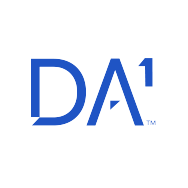

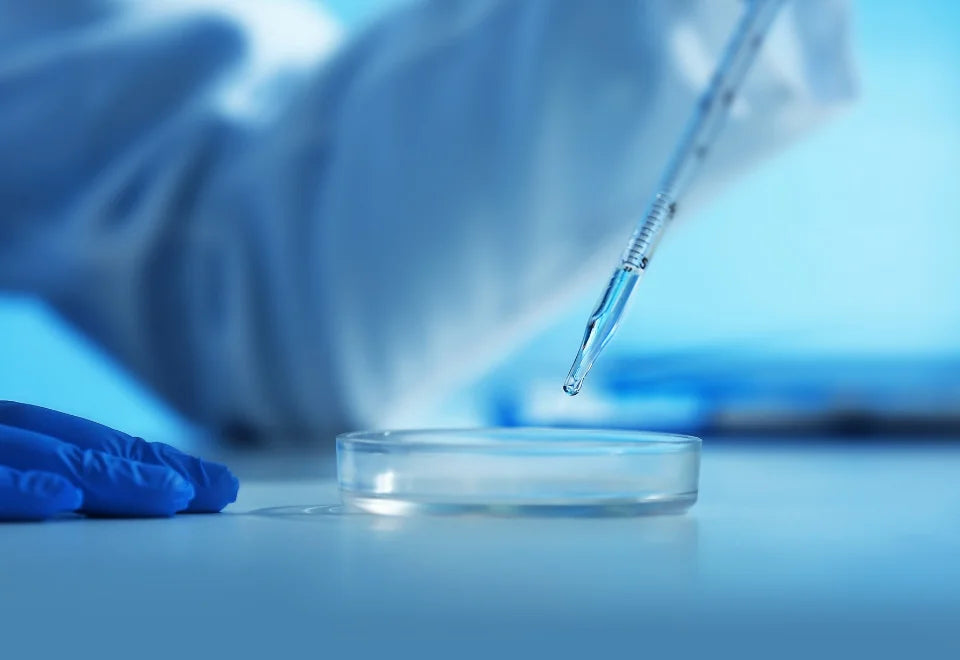
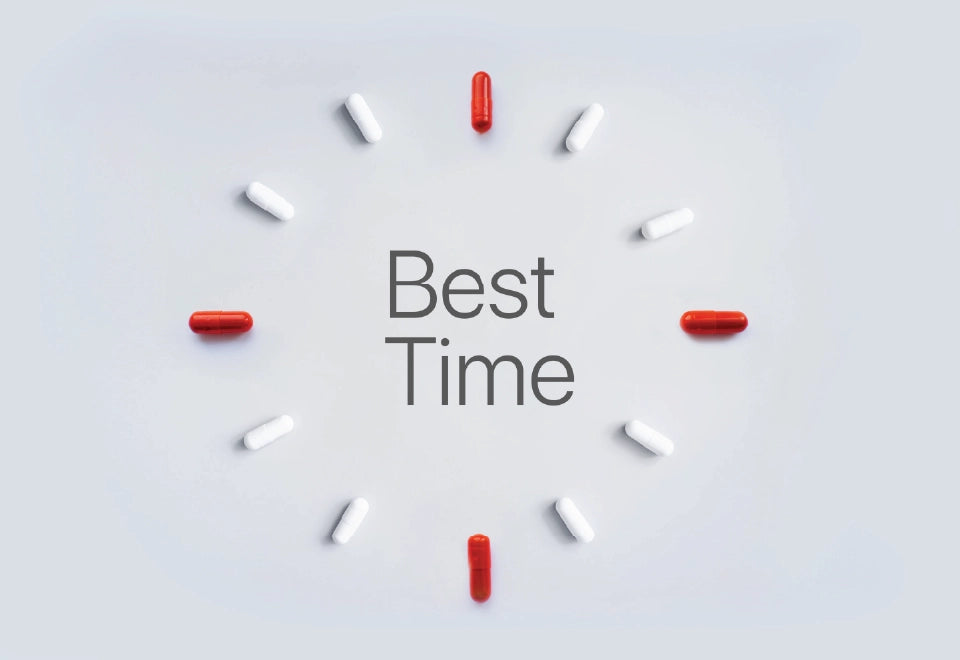
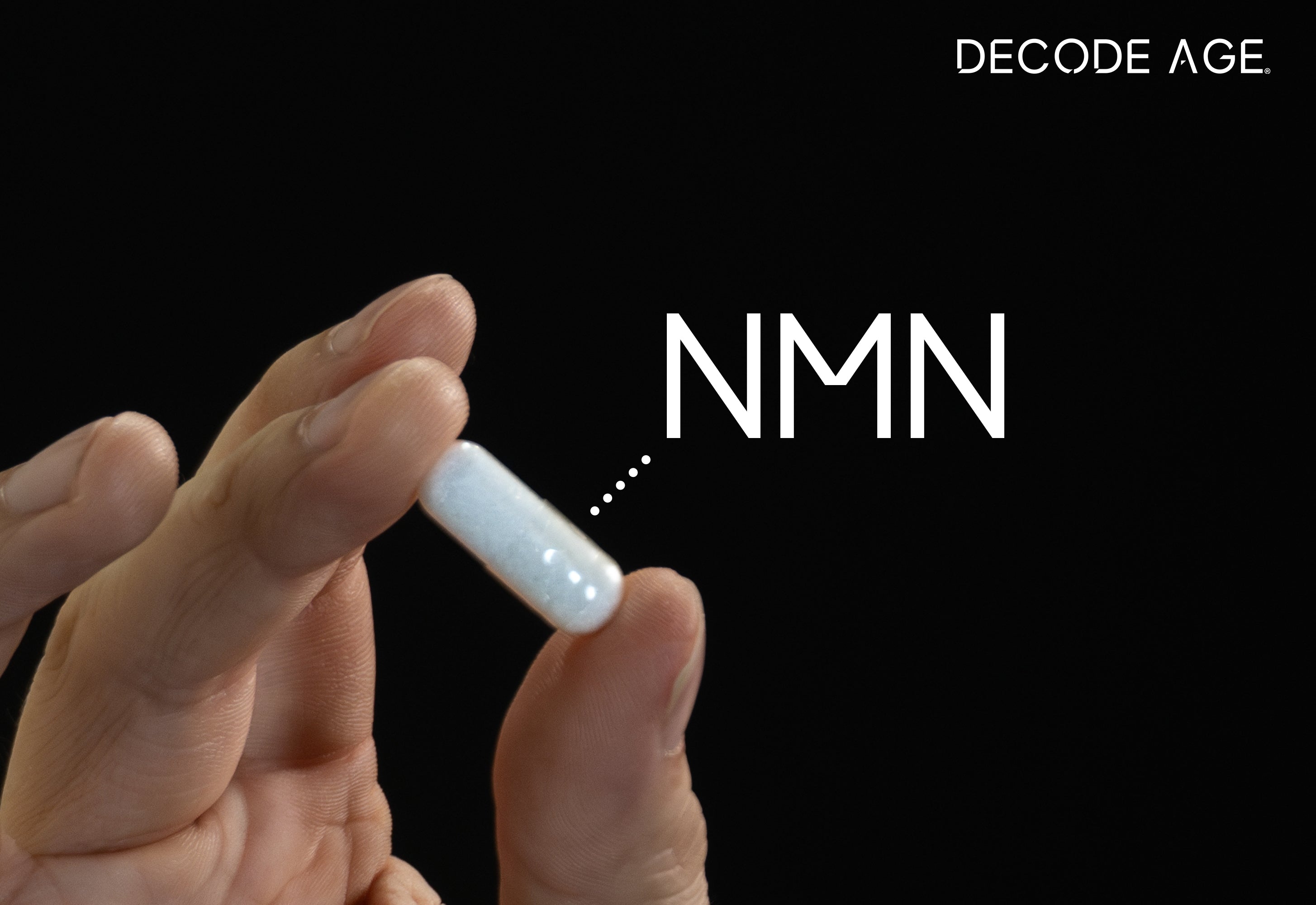
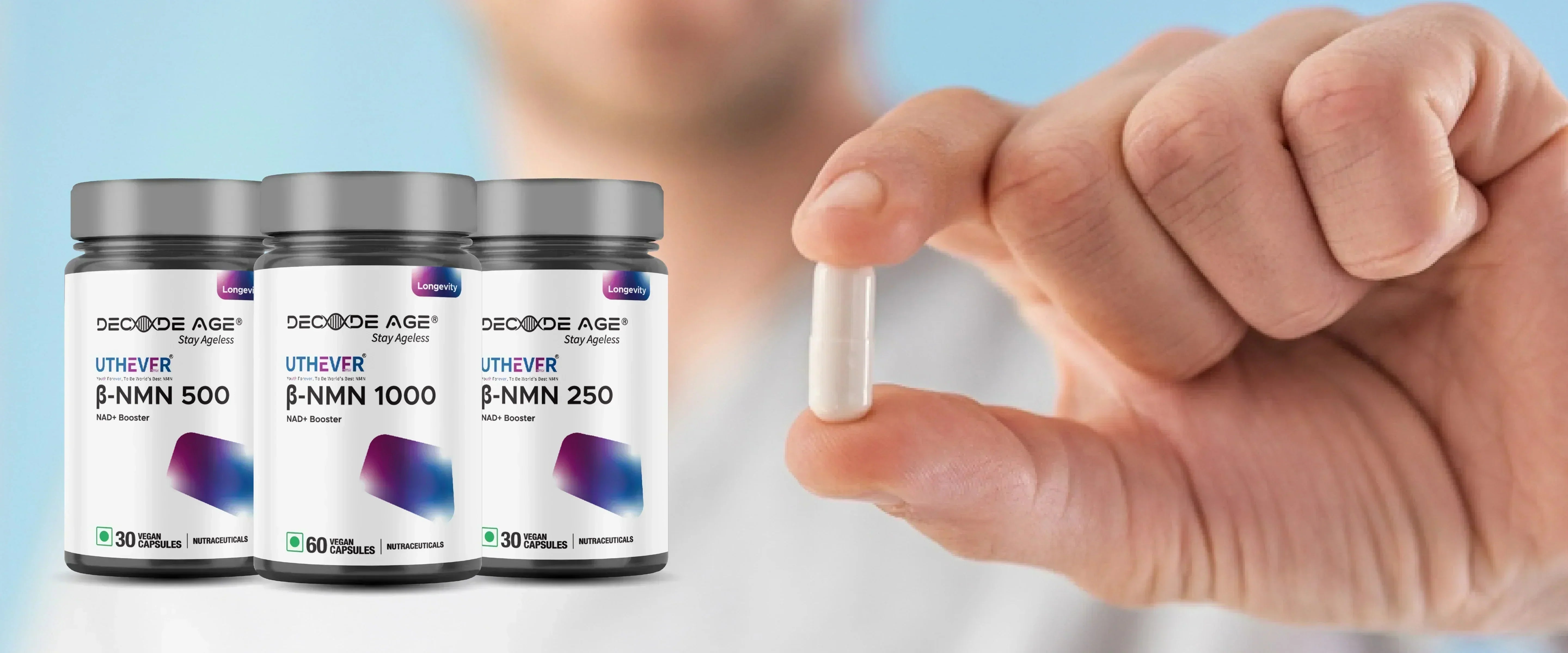
Leave a comment
All comments are moderated before being published.
This site is protected by hCaptcha and the hCaptcha Privacy Policy and Terms of Service apply.